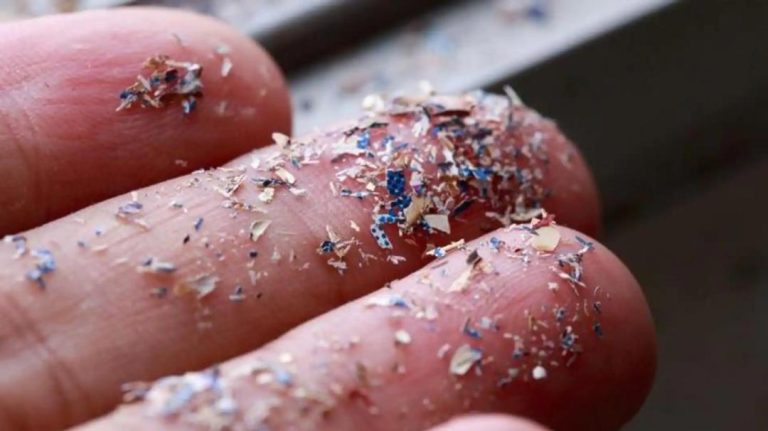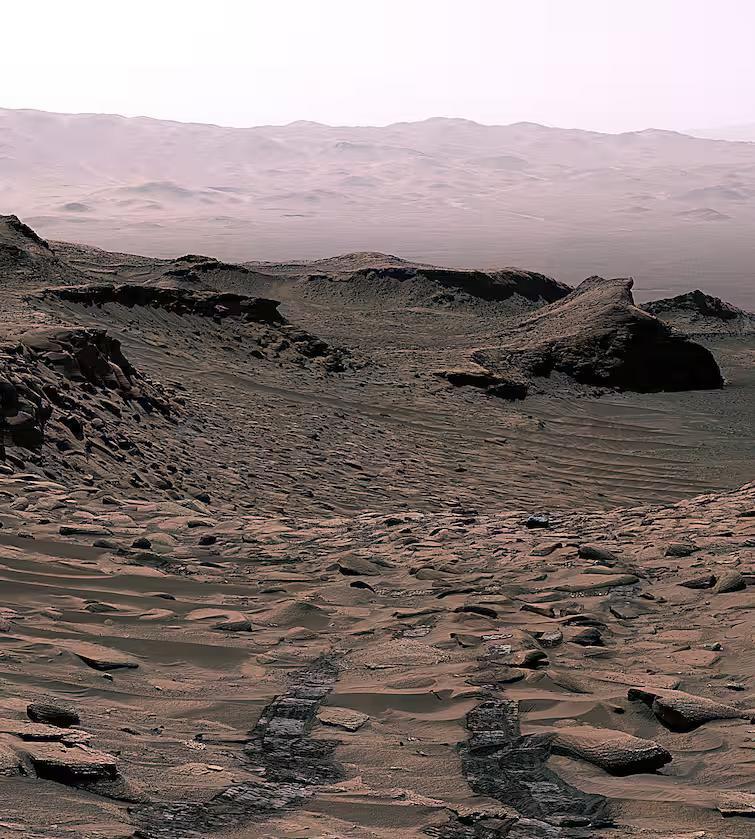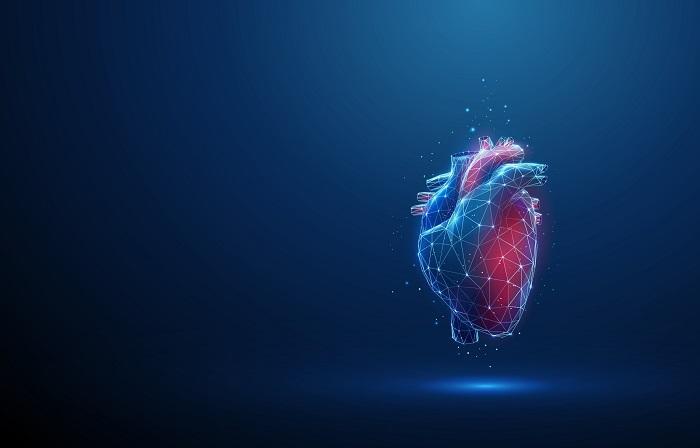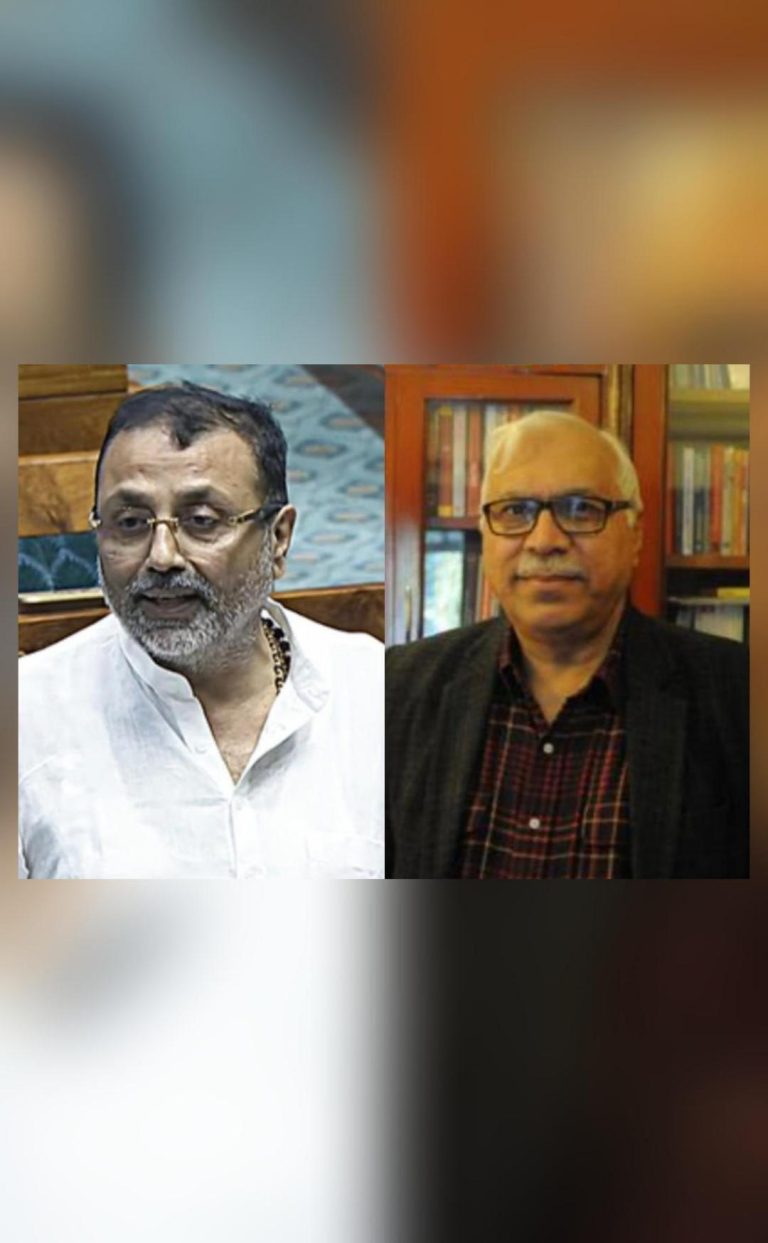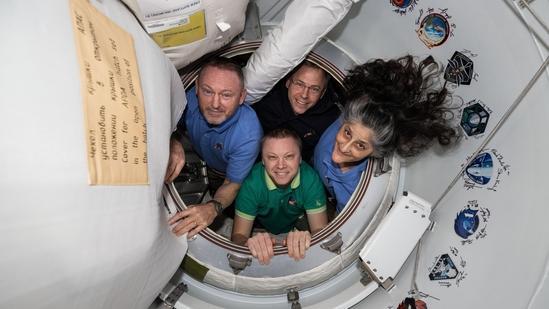
Sunita Williams to Finally Return to Earth after Being Stuck in Space for 9 Months
After an incredible nine months in space, astronaut Sunita Williams is finally set to return to Earth on Tuesday evening. Alongside her colleague Butch Wilmore, the duo has been living and working on the International Space Station (ISS) since April of last year. As their time in space comes to a close, NASA has announced that they will be making a splashdown landing off the Florida coast, marking the end of their remarkable journey.
According to NASA, the anticipated ocean splashdown is set to occur at approximately 5:57 pm Florida time (3:27 am IST, Wednesday). This marks the culmination of an extraordinary adventure that has seen the astronauts conduct a wide range of scientific experiments, perform routine maintenance tasks, and even participate in educational outreach programs.
Sunita Williams, a NASA astronaut with over 50 million miles of space travel under her belt, is no stranger to long-duration space missions. Born in India and raised in the United States, she has spent a total of 322 days in space, making her one of the most experienced female astronauts in history. Williams has previously served on the ISS from December 2006 to May 2007, during which time she also performed a spacewalk.
Butch Wilmore, on the other hand, is a NASA astronaut with a background in mechanical engineering. This is his second space mission, with his first being the STS-134 mission in 2011. Wilmore has spent a total of 170 days in space, with this latest mission being his longest yet.
The duo has been part of the SpaceX Crew-1 mission, which launched on November 15, 2021. Alongside them were astronauts Shannon Walker and Victor Glover, who are also set to return to Earth with them. The mission has been a resounding success, with the astronauts conducting a wide range of scientific experiments, including research on the effects of microgravity on the human body and the behavior of fluids in space.
One of the most significant experiments conducted during their time on the ISS was the “Fluid Dynamics” experiment, which aimed to better understand the behavior of fluids in microgravity. This experiment has significant implications for our understanding of fluid dynamics on Earth, as well as for the development of new technologies for space exploration.
Another notable experiment was the “Muscle and Bone Loss” study, which aimed to investigate the effects of microgravity on the human body. This research has significant implications for our understanding of how to mitigate the effects of long-duration space travel on the human body, and could potentially lead to the development of new treatments for muscle and bone loss on Earth.
In addition to their scientific workload, the astronauts have also been busy with educational outreach programs. They have participated in numerous live Q&A sessions with students around the world, sharing their experiences and insights with the next generation of space explorers.
As the astronauts prepare to return to Earth, they will be saying goodbye to the ISS, a symbol of international cooperation and scientific achievement. The ISS has been continuously occupied by astronauts and cosmonauts since November 2000, and has played a vital role in advancing our understanding of space and the effects of microgravity on the human body.
The splashdown landing is expected to be a dramatic and exciting conclusion to the astronauts’ journey. As they descend back to Earth, they will be retracing the steps of many astronauts who have come before them, from the early days of space exploration to the present day.
In the words of NASA Administrator Bill Nelson, “The return of the SpaceX Crew-1 astronauts marks the successful completion of a major milestone in our nation’s space program. Their dedication and hard work have enabled us to continue advancing our understanding of space and the effects of microgravity on the human body.”
As Sunita Williams and Butch Wilmore return to Earth, they will be greeted as heroes, their journey a testament to the power of human exploration and the incredible achievements of the space program. And as they set foot back on solid ground, they will be looking forward to a well-deserved rest, knowing that their work has contributed significantly to our understanding of space and the advancement of human knowledge.
